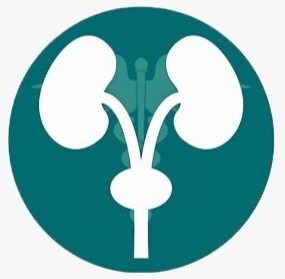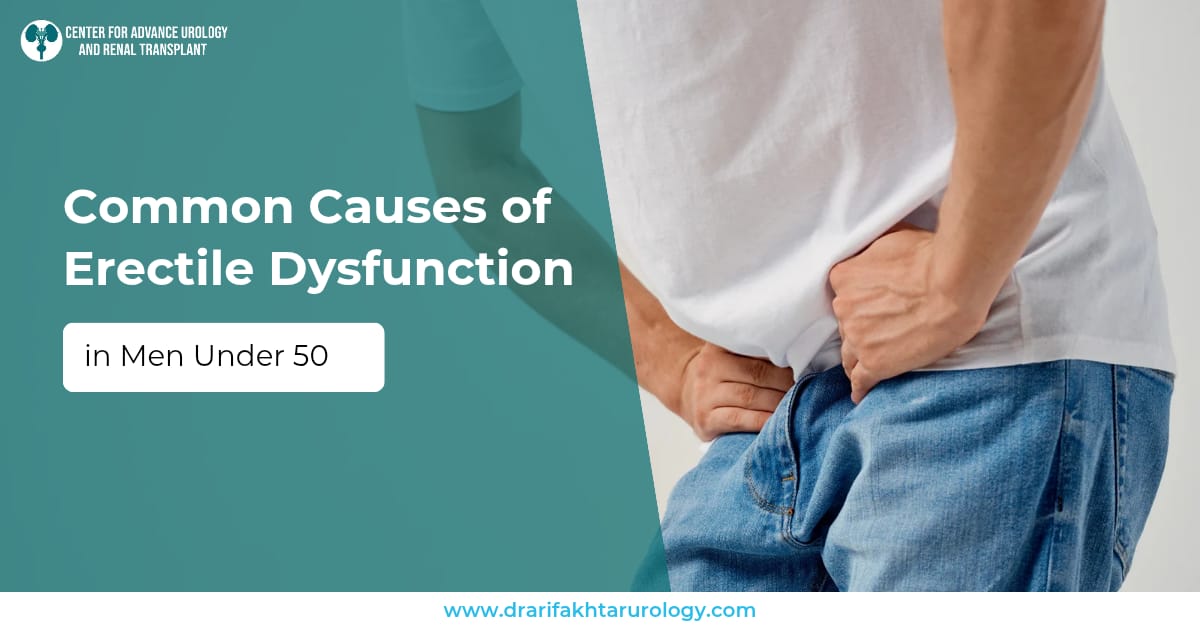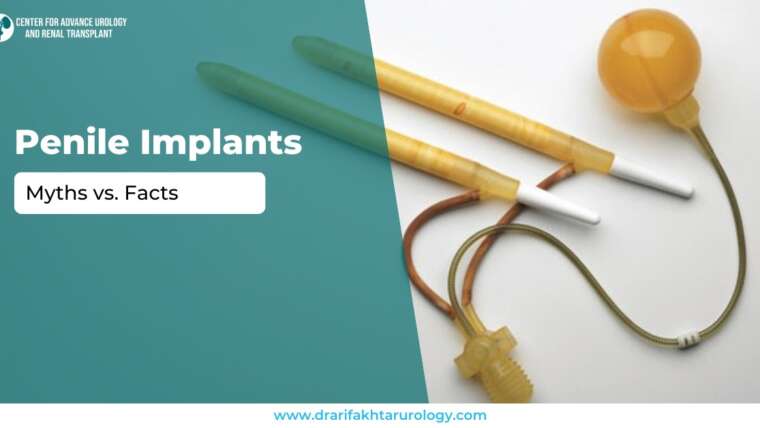Introduction
Erectile dysfunction (ED) is often associated with older men, but it can affect younger men as well, particularly those under 50. While age is a contributing factor, erectile dysfunction in younger men is increasingly common, and can be caused by a variety of physical, psychological, and lifestyle factors. Understanding these causes is essential to addressing the problem effectively. This blog explores the most common causes of ED in men under 50 and why it’s important to seek medical advice early on.
What is Erectile Dysfunction?
Erectile dysfunction is the inability to achieve or maintain an erection firm enough for sexual intercourse. Although occasional difficulty in achieving an erection is normal, persistent ED can signal an underlying health problem. In younger men, ED may be caused by factors ranging from lifestyle choices and stress to more serious medical conditions. Unlike the natural decline of erectile function with age, ED in younger men is often reversible with the right treatment.
Common Causes of Erectile Dysfunction in Men Under 50
Stress and Anxiety
Mental health issues such as stress, anxiety, and depression are among the most common causes of ED in younger men. The pressures of work, relationships, finances, and other life stresses can interfere with the body’s ability to relax and function normally. Anxiety surrounding sexual performance, often referred to as performance anxiety, can also significantly contribute to erectile dysfunction. Over time, stress can elevate cortisol levels, which can impair blood flow and reduce the ability to achieve an erection.
Poor Diet and Lack of Exercise
A poor diet—high in processed foods, unhealthy fats, and sugars—combined with a lack of physical activity, can negatively affect circulation and overall health, both of which are essential for erectile function. Poor lifestyle choices can lead to obesity, diabetes, and cardiovascular disease, all of which are linked to erectile dysfunction. Regular exercise and a healthy, balanced diet improve blood flow, promote overall well-being, and can reverse many of the causes of ED.
Alcohol and Drug Use
Excessive consumption of alcohol and recreational drug use are major contributors to erectile dysfunction in younger men. Alcohol, for instance, can impair the nervous system, making it difficult to achieve an erection. Chronic alcohol use can also lead to liver damage, hormone imbalances, and a range of other health issues that affect sexual performance. Similarly, drugs like cocaine, marijuana, and opioids interfere with normal sexual function and may lead to long-term ED if abused.
Hormonal Imbalances
Testosterone, the primary male sex hormone, plays a significant role in sexual arousal and erectile function. Low testosterone levels, known as hypogonadism, can lead to ED in men under 50. Hormonal imbalances may occur due to a variety of reasons, including stress, obesity, or medical conditions such as diabetes or thyroid disorders. Low testosterone levels can result in a lack of sexual desire, difficulty achieving an erection, and reduced energy levels.
Relationship Issues
Relationship problems, whether emotional, psychological, or physical, can also cause erectile dysfunction. The dynamics within a relationship—such as communication difficulties, unresolved conflicts, or lack of intimacy—can contribute to stress and anxiety, which in turn affect sexual performance. If ED is related to relationship issues, therapy or counselling can help address the underlying problems and improve erectile function.
Underlying Health Conditions
Certain medical conditions can cause erectile dysfunction even in younger men. These include:
- Diabetes: Poorly controlled diabetes can damage blood vessels and nerves, leading to ED.
- Hypertension (High Blood Pressure): Chronic high blood pressure can damage blood vessels and impair circulation to the penis.
- Cardiovascular Disease: Poor heart health affects blood flow, which is crucial for achieving and maintaining an erection.
- Sleep Apnoea: Sleep disorders, such as sleep apnoea, can affect hormone levels, cause fatigue, and disrupt erectile function.
Medications
Certain medications used to treat other conditions may have side effects that cause erectile dysfunction. Drugs for conditions such as high blood pressure, depression, anxiety, and ulcers may interfere with normal erectile function. It’s important to speak with a healthcare provider if you suspect your medication may be affecting your sexual health.
Why Early Intervention is Key
Erectile dysfunction in men under 50 is often reversible, but early intervention is key. Identifying the root cause—whether it’s psychological, physical, or lifestyle-related—allows for targeted treatment. While ED can be a temporary or isolated incident, persistent or recurrent ED warrants medical attention to address any underlying health issues. Early diagnosis and treatment can improve outcomes, prevent complications, and significantly enhance quality of life.
Conclusion
Erectile dysfunction in men under 50 is more common than many think, and can be caused by a variety of factors, from mental health issues and lifestyle choices to underlying medical conditions. The good news is that many of these causes are preventable or reversible with the right lifestyle changes, treatment, and professional help. If you experience persistent or recurrent ED, don’t hesitate to seek advice from a healthcare provider. Addressing the issue early not only improves sexual health but also contributes to overall well-being.




